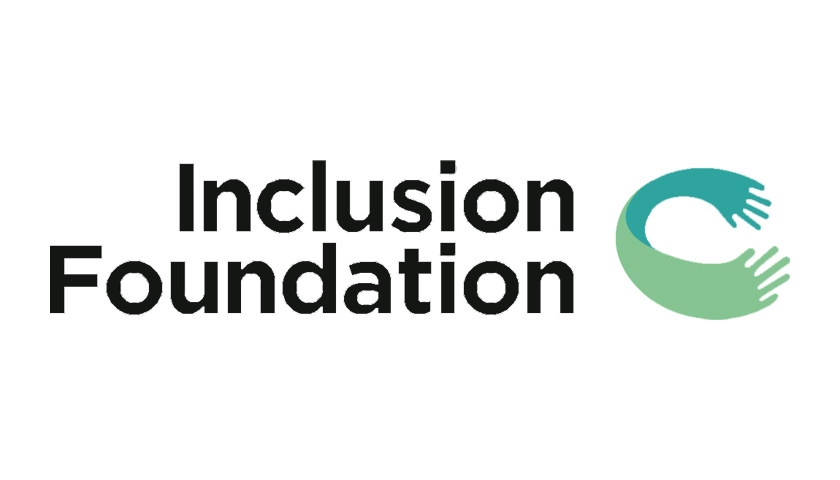The Inclusion Foundation, have released an eBook, ‘The Network Effect: Digital payments as a gateway to financial inclusion’, in tandem with the first annual ‘Finclusion Day’, celebrating financial inclusion within the payments sector. The eBook maps out the importance of digital innovations and technologies in order to support the financially excluded, through exploring the four pillars that enable financial inclusion to occur: technology, government, education and inclusive communities.
The term “financial inclusion” is associated to individuals and businesses that have access to essential and appropriate financial products and services that meet their needs. Although financial inclusion has improved drastically over the last decade, in the UK alone, around 1.3 million adults remain, ‘unbanked’, meaning that they do not have access to a bank account.
The Inclusion Foundation’s latest eBook presents the view that digital inclusion is a prerequisite for financial inclusion – digitalisation is required in order to boost financial inclusion globally. During the COVID-19 pandemic, digital payments soared and 12% of UK adults downloaded banking apps for the first time. The paper states that the rise of digital is accompanied by the revolution in retail finance being brought about by Open Banking and new payments models which will hugely expand the reach of financial services to the underbanked and unbanked.
The Inclusion Foundation and The Payments Association explore four core pillars throughout the eBook, which they believe are the driving force of financial inclusion:
-
Technology can allow for reduced costs of providing financial services and though technologies such as Open Banking, businesses can gain a deeper understanding into their customers.
-
Government has a role in controlling credit availability and the need for tighter fraud prevention tools due to the growing number of complex financial offerings.
-
Education is of digital innovations essential in businesses to retain and upskill adults in work, with the seismic shift towards digital across all sectors.
-
Inclusive communities are important in driving change – many older people will enjoy being educated by their children or grandchildren, and therefore in most cases, financial education will have to begin in the home.
Neil Harris, Chair of the Inclusion Foundation, commented: “Cash is the ultimate budgeting tool, and although there are many benefits to cashless, it is crucial to ensure that everyone is with us regardless of age, race, faith & social class. Digital inclusion is therefore a prerequisite for financial inclusion – one cannot progress without the other. Last year there was a 50% increase in online use, but around 4% of the UK population are still digitally underserved.
Marion King, Chair of the Advisory Board, The Payments Association, said: “Digital and financial inclusion should be top priorities today. All UK adults should be able to access financial services that meet their daily needs, goals and aspirations. Being financially included begins with opening a bank account, which is much more than just a means to make and receive payments: it’s also a gateway to credit, insurance, pensions and saving products.”
Ron Kalifa OBE, The Fintech Review, said: “Within 20 years, 90% of jobs are expected to require some degree of digital skills. In 2020, about 400,000 tech jobs were advertised in the UK, which is an increase of around 40% on the previous year, despite the pandemic. Yet unemployment remains high. The real challenge is that supply cannot meet demand because of the skills shortage.”
For more information on the work and services of the Inclusion Foundation you can visit https://theinclusionfoundation.org/ or you can speak directly to the Inclusion Foundation at: info@theinclusionfoundation.org

